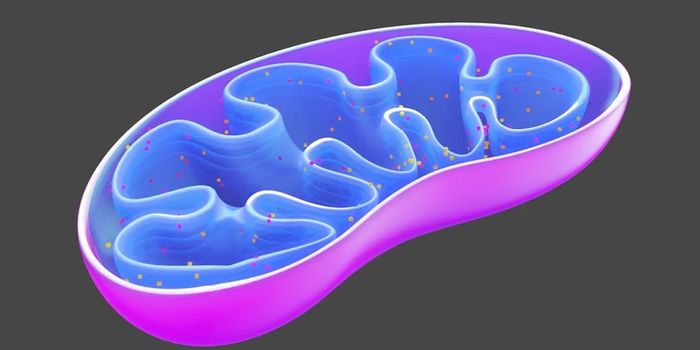Using Population Genetics to Predict Disease Risk
Science has identified many diseases that can be traced back to an error in a gene, sometimes only a tiny one. But the cause of many deadly diseases is far more complex, and the risk of developing those diseases can be influenced by small changes in many different genes. Now researchers are beginning to understand how to formulate what we know about those small genetic changes into a more significant message about who is at high risk of getting diseases like type 2 diabetes, coronary artery disease, breast cancer, and other conditions.
This work, reported in Nature Genetics by a team of scientists at the Broad Institute of MIT and Harvard, Massachusetts General Hospital (MGH), and Harvard Medical School has created a new kind of genetic test that compiles information from millions of different places throughout the human genome to characterize a person’s risk for five diseases. This test may show who is likely to get a disease before they get symptoms, which can help prevent some of these illnesses from happening in the first place.
“We’ve known for [a] long time that there are people out there at high risk for disease based just on their overall genetic variation,” explained senior author Sekar Kathiresan, an institute member and director of the Cardiovascular Disease Initiative at the Broad Institute, as well as director of the Center for Genomic Medicine at MGH and a professor of medicine at Harvard Medical School. “Now, we’re able to measure that risk using genomic data in a meaningful way. From a public health perspective, we need to identify these higher-risk segments of the population so we can provide appropriate care.”
Data from whole-genome sequencing was used with algorithms that assigned risk scores to genetic variations that have been associated with the development of inflammatory bowel disease, coronary artery disease, type 2 diabetes, atrial fibrillation, or breast cancer. That data creates a polygenic risk score, which can predict a person’s risk of getting one of those diseases (and is described in the video). The team found that millions of people seem to be at heightened risk for some of these and other illnesses, suggesting that this effort should be expanded. These scores were tested and validated.
In people with heightened risk, there was no other indication that the disease could strike. “These individuals, who are at several times the normal risk for having a heart attack just because of the additive effects of many variations, are mostly flying under the radar,” explained co-first author Amit V. Khera, a cardiologist at MGH. “If they came into my clinical practice, I wouldn’t be able to pick them out as high risk with our standard metrics. There’s a real need to identify these cases so we can target screening and treatments more effectively, and this approach gives us a potential way forward.”
For coronary artery disease, it appears that about eight percent of people in the UK biobank are at heightened risk for getting the illness compared to others. For breast cancer, one and a half percent of people are at triple the risk for the disease compared to the average individual.
“Ultimately, this is a new type of genetic risk factor,” said Kathiresan. “We envision polygenic risk scores as a way to identify people at high or low risk for a disease, perhaps as early as birth, and then use that information to target interventions — either lifestyle modifications or treatments — to prevent disease. For heart attack, I foresee that each patient will have the opportunity to know his or her polygenic risk number in the near future, similar to way they can know their cholesterol number right now.”
It will also be important to screen many ethnicities for variants that link to disease risk, to be sure that this health information will be used equitably.
Hear more about how these scores might be used in the clinic from the video.
Sources: AAAS/Eurekalert! via Broad Institute, Nature Genetics









